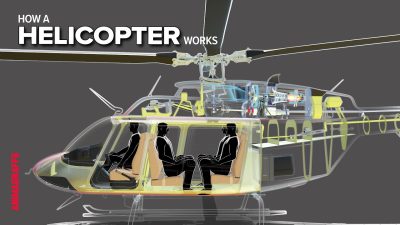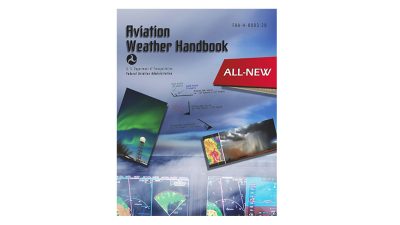Learning to fly is an exhilarating journey that challenges and rewards in equal measure. Let’s explore some common challenges for new pilots and how to overcome them.
Mastering the Fundamentals
The Art of Landing
Perfecting landings is often cited as one of the most challenging skills for new pilots. Each landing presents unique conditions, requiring a complex integration of skills.
Tip: Supplement your flight training with simulator practice to refine your technique between actual flights.
Crosswind Landings
A subset of landing challenges, crosswind landings demand a solid grasp of aircraft control and wind compensation techniques.
Tip: Study crosswind landing methods thoroughly and practice them in various conditions with your instructor’s guidance.
Weather and Decision-Making
Interpreting weather reports and making informed go/no-go decisions are critical for safe flying.
Tip: Utilize online weather resources and apps to enhance your understanding. Discuss various scenarios with your instructor to sharpen your decision-making skills.
Aircraft Control
Smooth Operations
Many student pilots tend to over-control the aircraft, leading to unnecessary movements.
Tip: Focus on making small, smooth control adjustments. Remember, a light touch is often sufficient.
Airplane Flying Handbook Chapter 3: Basic Flight Maneuvers PDF
Airspeed Management
Maintaining the correct airspeed for different phases of flight can be challenging for new pilots.
Tip: Develop a consistent scan pattern that includes frequent checks of your airspeed indicator. Practice power settings for various flight phases.
Navigation and Communication
Finding Your Way
Interpreting charts, identifying landmarks, and calculating wind correction angles are essential navigation skills that take time to develop.
Tip: Study your charts before each flight and use flight planning software to enhance your understanding of routes and navigation.
Radio Proficiency
Mastering proper radio phraseology and communicating clearly with air traffic control can be intimidating for new pilots.
Tip: Listen to live ATC communications online and practice with your instructor. Remember, clarity and brevity are key.
Personal Challenges
Time Management
Balancing flight training with other life commitments can be demanding.
Tip: Create a structured study schedule and prioritize your flight training during this period.
Information Overload
Aviation involves a vast amount of information, including regulations, procedures, and systems knowledge.
Tip: Break your study sessions into manageable chunks. Use memory techniques to aid retention.
Managing Stress
Many student pilots experience nervousness, especially during early flights or when preparing for checkrides.
Tip: Practice relaxation techniques, ensure you’re well-rested before flights, and communicate openly with your instructor about your concerns.
While these challenges are common, they’re all surmountable with dedication, practice, and proper guidance. Remember that every pilot has faced these obstacles and overcome them.
Stay focused, remain patient with yourself, and enjoy the journey of becoming a pilot. With persistence and the right attitude, you’ll soon find yourself confidently navigating the skies.



